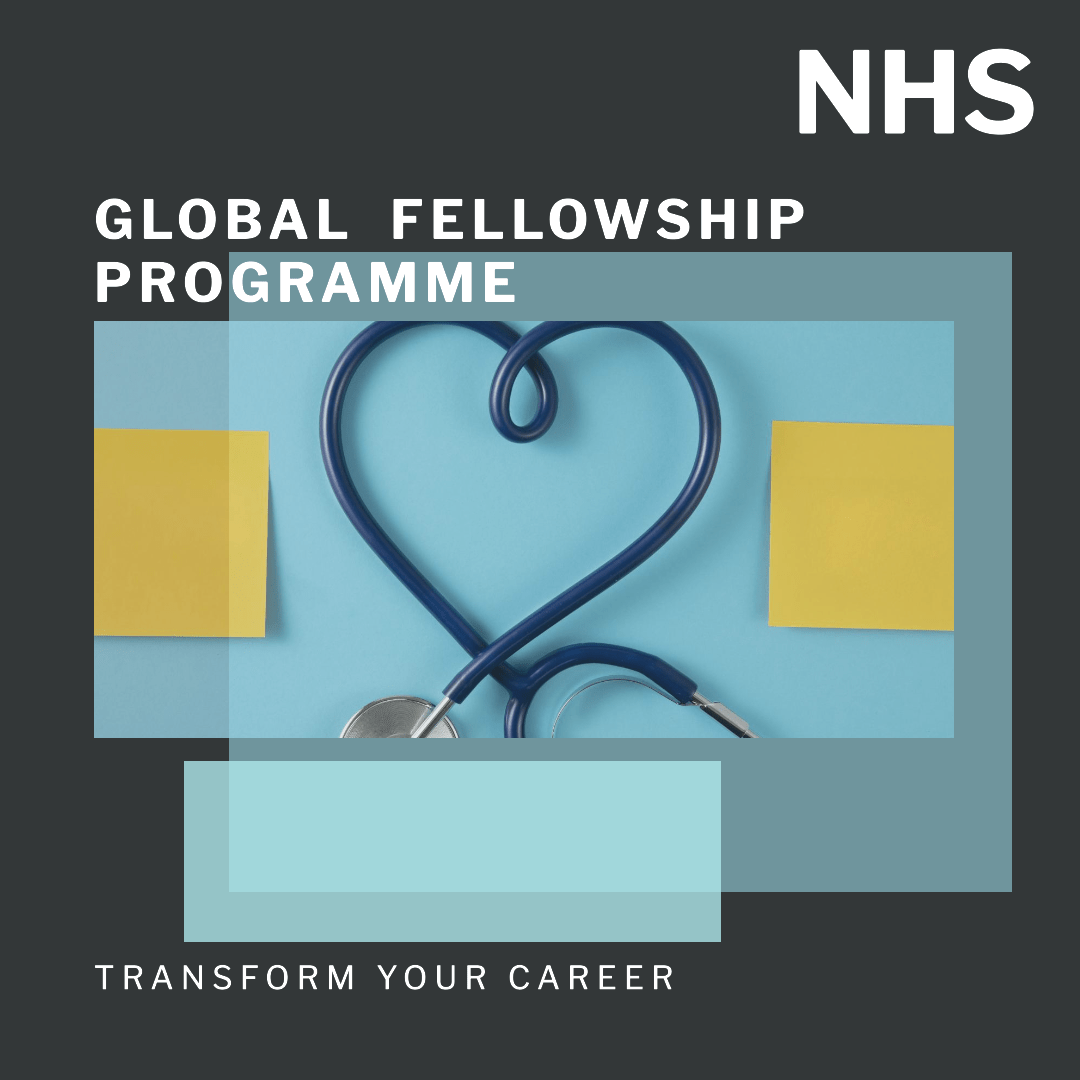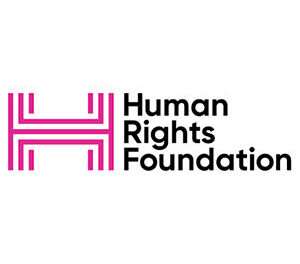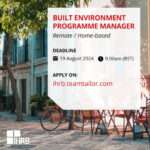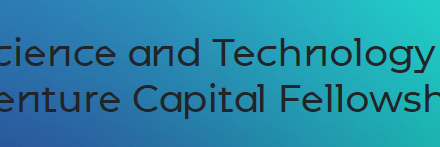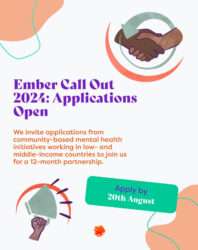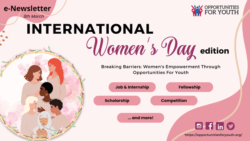
TIPS: Things to avoid in your personal statement
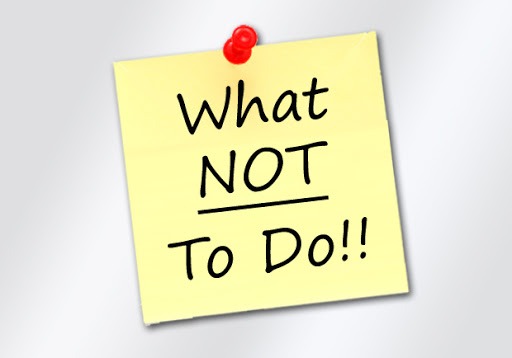
The personal statement section of your UCAS application is your chance to show who you are to admissions tutors. You have to do this in 4000 characters or 47 lines – whichever comes first – so you don’t want to waste any of that space. Here are some common mistakes to avoid:
Lists
Lists are a waste of characters because they don’t tell us anything about you. Reeling off the books you’ve read outside of your studies tells us you’re willing to do outside reading, but it says nothing on your ability to dissect that reading and explain how it helped further your understanding of your subject. Instead of listing every book you’ve read, or every trip you’ve been on, or every TED talk you’ve attended, you should pick a few good examples and expand on these.
Negativity
This is your opportunity to talk about how great you are, so why waste space with negativity? Admissions tutors don’t want to hear that you didn’t get along with your English teacher or that you aren’t very good at Maths. You should be focusing on your achievements – were you Head Boy/Girl? Did you gain a lot of knowledge on your work experience? Have you attended lectures outside of your studies? Stay positive and you’ll find your statement will be much more effective.
Exaggeration or lies
Your personal statement might form the basis for an interview. If you’ve exaggerated an achievement – or worse, lied about it outright – then you won’t be able to give a full and rounded answer if asked about it at a later stage. This will reflect badly on you as a candidate – displaying dishonesty can guarantee that you won’t be offered a place. If you can’t expand on something, or wouldn’t be able to talk about it in an interview, then don’t include it – and definitely, most definitely, do not lie in your personal statement.
Mitigating circumstances
This is not the space to talk about any mitigating circumstances – anything outside of your control that may have affected your grades. This information is included in your reference, so talking about it in your personal statement is a waste of characters.
Quotes
Admissions tutors don’t care what other people think on your subject of choice – they care what you think. Did you know one of the most commonly used openings for personal statements is a quote – ‘education is the most powerful weapon which you can use to change the world’ (Nelson Mandela)? Search ‘quotes on education’ on your search engine of choice. You can find that particular quote super quickly, right? You might think that using a quote indicates that you have done outside research into your subject area of choice – but you can easily find a quote relevant to most topics with a quick search online.
Spelling and grammar mistakes/bad writing
Do not, do not, do not submit your first attempt at your personal statement. The first draft will be an explosion of ideas that you will need to refine. Firstly, you should proofread your statement. Read it forwards and then read it backwards (this helps you focus on the actual words, and avoids your eyes skimming over words you presume to be correct). Then, read it out loud – this will help you find clunky sentences. You should also get someone else to read over it, as fresh eyes will find mistakes you might have missed. Lastly, draft and redraft until the finished product is as tight as it can be.
When you’re writing your personal statement, you should always be answering two questions – why do you want to study this subject and why are you a good candidate? If you can’t make a point or an example relate to these, or you can’t think why you’re including it, then delete it. Good luck with your statements, and with the application process as a whole!
Source: http://wp.lancs.ac.uk/lancastersouthteam/2020/04/21/things-to-avoid-in-your-personal-statement/

